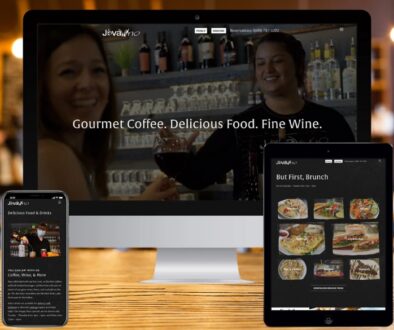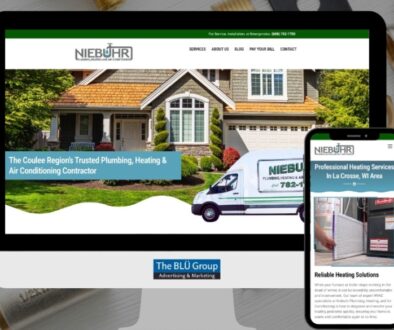Social-Influence Site Klout Partners With Brands
Since launching a program to put products in the hands of influencers a year and a half ago, Klout has done more than 100 deals with brands such as Starbucks, Audi, Secret and Microsoft. And now it’s ramping up the program, its main revenue stream for which it charges between five and six figures per program — it did 25 deals in September alone.
But brand beware: such tactics are subject to disclosure regulations and the program could potentially have legal implications for brands if people tweeting and posting on Facebook about their products don’t disclose that they’ve gotten a freebie.
The Federal Trade Commission’s 2009 revision to its guide to the use of testimonials and endorsements in advertising cracked down on the kind of gifting that became commonplace as bloggers became central to marketers’ plans. Klout addresses the FTC rules by sending a card along with the “Perk” — or free sample — that states that recipients aren’t required to do anything at all, but they should disclose that they’ve received a sample if they decide to write about it.
Through the Perks program, Klout, which measures social-media influence (a.k.a. Klout scores), brokers deals with marketers to send free stuff to “influencers” presumed to have a higher likelihood of igniting social buzz around a product.
The popular measurement service, integrated in apps such as Hootsuite, has generated more than 100 million scores, a total that includes public Facebook and Twitter accounts. Scores, which range from 0 to 100, take engagement with a user’s content and the social cachet of their following heavily into account. Fifty is typically considered high; Ashton Kutcher’s is 83 and Sarah Palin’s is 73.
Of those, more than a million users have registered for Klout and provided an email address, meaning the Perks could be on the way.
Perks recipients are eligible based on their score, their areas of influence, and sometimes their geography. Klout’s algorithm is programmed to select recipients of Perks based on those factors, said Klout’s CEO and co-founder Joe Fernandez, but in cases where a specific demographic is being sought out — such as when the deodorant brand Secret was looking to contact only women — human oversight is added to the process.
Half of the promotions are pegged to new product launches, such as when 500 people qualified to get free Windows Phones running the new “Mango” software update this month, or when 10 San Francisco and Los Angeles residents deemed influential on luxury cars and technology were chosen to test drive an Audi A8.
Mr. Fernandez said the vertical where Perks have gotten the most interest is entertainment. In recognition of this, Klout sent so-called “alien survival kits” to people with followings pegged to Sci-Fi, blockbuster movies and tech to promote the TNT series “Falling Skies” this summer.
The company is responsible for packaging and shipping the products and reports back to the brand on how the social buzz around it has deviated from the norm during the life of the campaign. Mr. Fernandez said that Klout looks for keywords and hashtags related to the promotion in content produced by the influencers and their followers when doing the reporting.
Klout has also worked in the consumer-packaged goods category, offering four sticks of Secret Clinical Strength Waterproof deodorant to 2,500 women deemed influential about fitness and entrepreneurship in a promotion this summer linked to Secret’s sponsorship of long-distance swimmer Diana Nyad. Those showered with Perks could also send samples to friends while the 10,000-unit supply lasted.
According to data provided by Procter & Gamble, which owns Secret, 5,918 tweets that referenced the campaign — including mentions of Secret, Ms. Nyad, and the campaign buzzword “fearless” — were generated, along with 15.7 million impressions. The goal was to drive sales of waterproof deodorant to fitness enthusiasts.
“[Klout] has a unique ability to find out who these people are,” said Sonny Jandial, associate marketing director at P&G FutureWorks.
While Klout could be a powerful tool for marketers, the program is not without legal risk. Brands could be walking a fine line in abiding by the FTC regulations requiring bloggers and social-media agents to make a disclosure when writing about products they’ve gotten for free.
Klout provides a link to a disclosure page, which itself contains a shortened link provided by the social-media compliance service CMP.ly. “We definitely push our influencers to disclose that they have received the product for free,” said Mr. Fernandez.
However, telling influencers to make a disclosure isn’t the same as making sure they actually do it. According to Linda Goldstein, chair of the advertising, marketing and media division at the law firm Manatt, Phelps & Phillips, said Klout’s disclaimer may shield it from liability, but brand partners could potentially be legally exposed if they don’t act to verify that disclosures are really being made.
“There’s a tremendous reward there [for advertisers], but with it comes potential liability,” she said.
In a statement, the FTC’s director of its division of advertising practices, Mary Engle, said: “In addition to making sure they tell bloggers or affiliates to make proper disclosures, advertisers should have a reasonable monitoring program in place to check compliance.”
A spokeswoman for Secret, Laura Brinker, noted that parent company P&G is extremely cognizant of FTC regulations concerning outreach to bloggers.
“We would have ensured that whatever Klout’s policies are, they are compliant with the FTC guidelines before allowing them to act on our behalf,” she said.
Cotton Delo of Ad Age Digital



